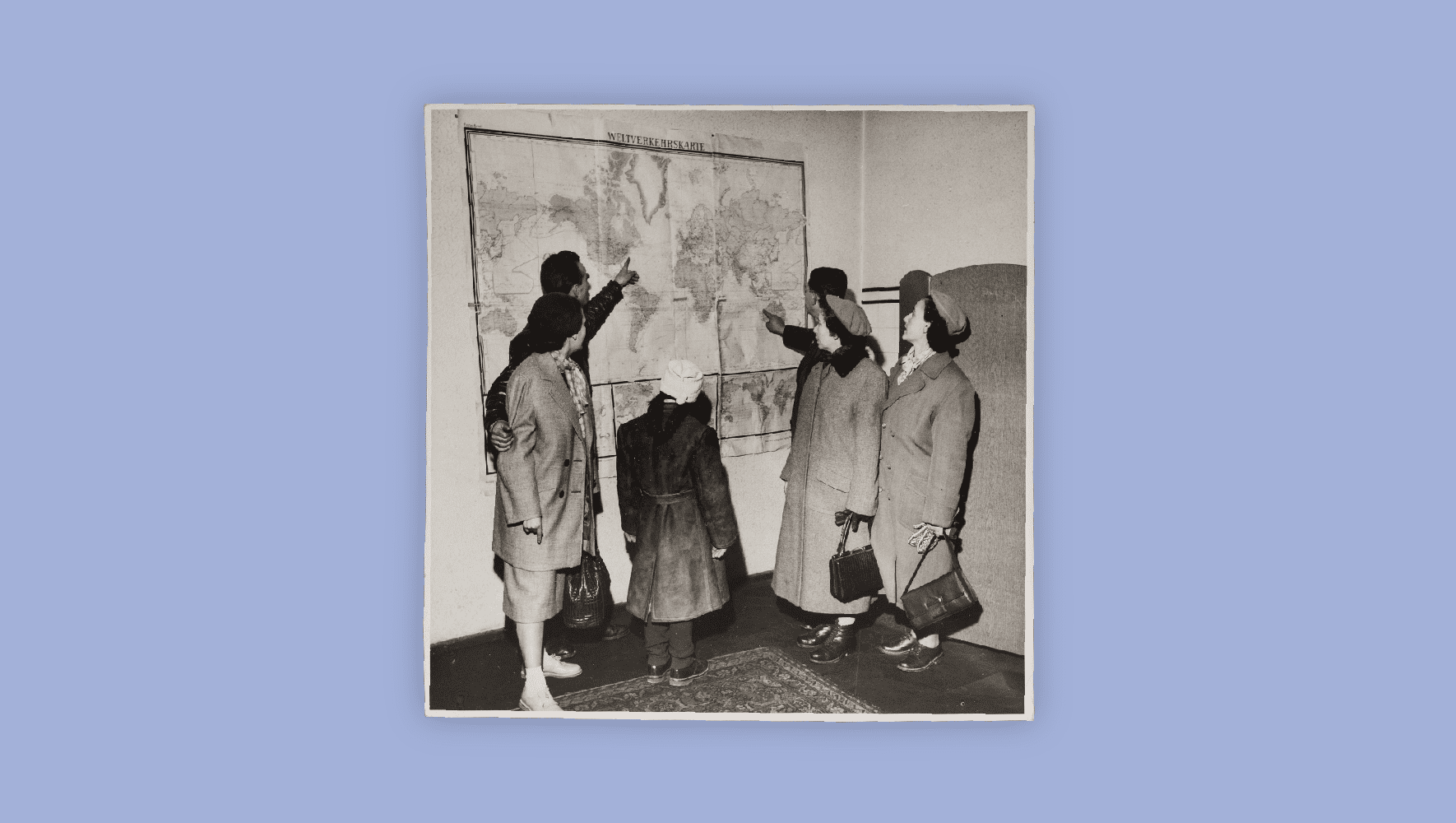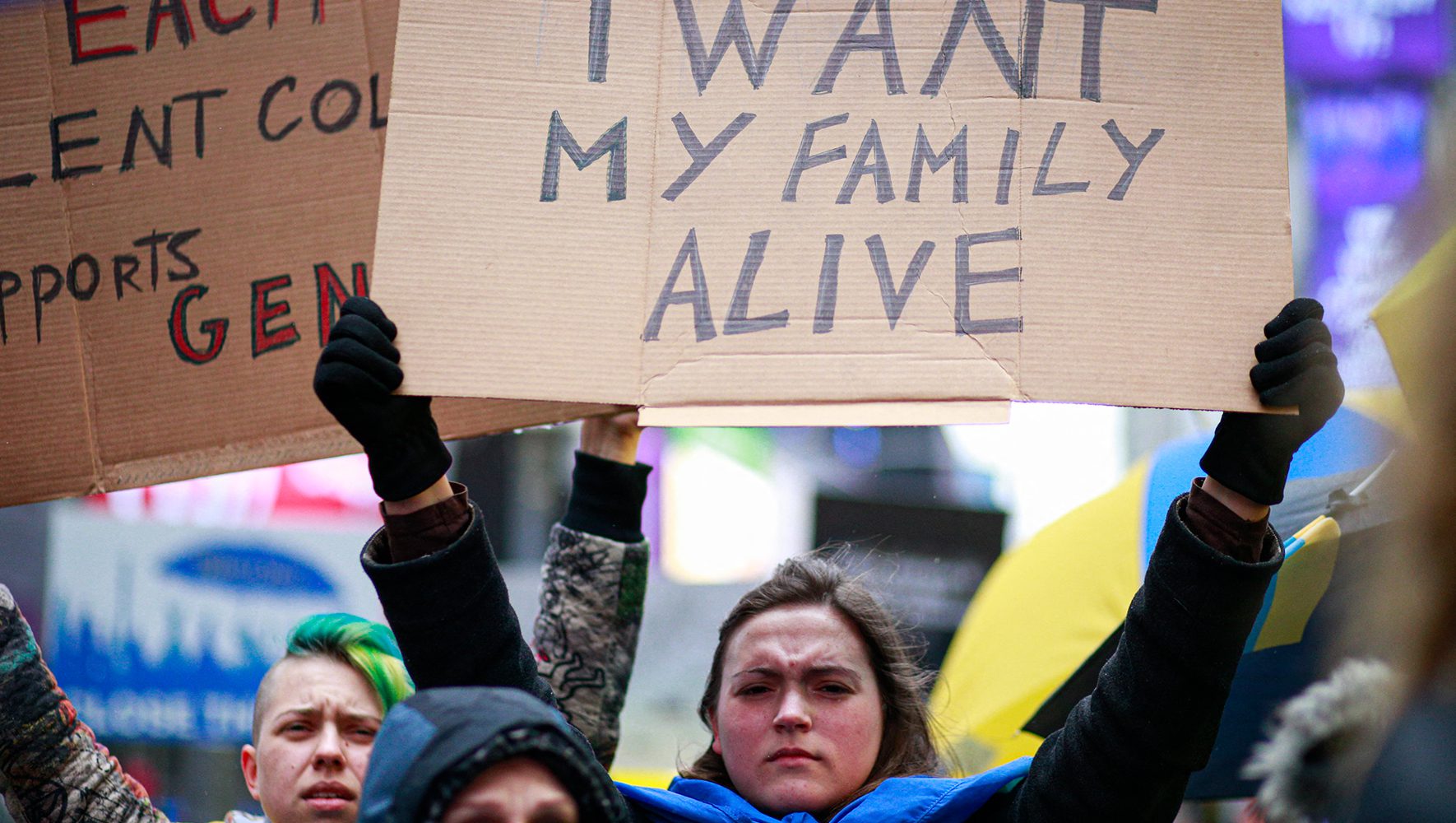Rampant Persecution of Religious Minorities in Iran
By Shannon Hall, HIAS Intern
May 22, 2013
Much of the news today about Iran is centered on its efforts to develop nuclear weapons and the threatening stance it takes towards the rest of the Middle East, particularly Israel. However, behind Iran’s menacing foreign policy is a fractured internal state that is becoming increasingly totalitarian. News agencies do not frequently report on this aspect of Iran, but as those of you who have received HIAS’ updates on the Lautenberg Amendment know, religious persecution in Iran is rampant.
Christians, Jews, Baha’is, and Muslims who are not a part of the majority Shia sect are oppressed and some are thrown into prison for practicing their faith. In recent months, Christian pastors and members of Christian churches who lead or attend religious services inside private homes have been arrested and tried for apostasy. Pastor Youcef Nadarkhani received substantial press coverage when he was finally released after three years of imprisonment for being a Christian apostate. Upon Pastor Nadarkhani’s release, his defense lawyer was arrested for threatening national security due to his advocacy for religious freedom and human rights.
Christians are unfortunately not the only group facing persecution, and of the religious minorities in Iran, the Baha’i are among the most widely oppressed. Access to basic human rights, including education, has been severely limited by the Iranian government. In Iran, the Baha’i faith is not recognized because it is considered heretical. Baha’i individuals are persecuted for practicing their faith and many have been thrown into prison where they are beaten and tortured.
Baha’i students have not been allowed to attend Iranian universities since the 1970s. As a form of protest, Baha’is have created the Baha’i Institute for Higher Education (BIHE), an underground university where classes are held in makeshift classrooms in peoples’ homes with volunteer professors. BIHE and other student organizations are seeking international help to ensure that Baha’i children can receive an education, despite the Iranian government’s efforts to prevent this.
Iran also currently has the highest number of international journalists imprisoned in the world. These journalists have committed no crime, other than reporting the travesties of justice that religious minorities are facing.
External pressure by the UN and humanitarian groups has done little to persuade the regime to relax their policies against religious minorities. As a result, the United States designed a plan to aid refugees fleeing Iran on the grounds of religious persecution. The Lautenberg Amendment originally was enacted as part of the 1990 Foreign Operations Appropriations Bill and established a presumption of eligibility for refugee status for certain categories of people from the former Soviet Union (FSU) and Southeast Asia seeking to resettle in the United States. Today, the Lautenberg Amendment mostly serves to facilitate the resettlement of Jews, Christians, Baha’is, and other religious minorities fleeing Iran; these groups were included in the Lautenberg Amendment in 2004.
The Lautenberg Amendment has been extended on appropriations legislation each year since it was first enacted in 1990. HIAS and other groups advocate strongly each year to urge Congress to extend this crucial lifeline. While the Lautenberg Amendment was recently extended for the remainder of Fiscal Year 2013, it will expire again on September 30, 2013, requiring advocacy efforts once again if an extended solution is not found. One hope is that its inclusion in the Senate bill S. 744, The Border Security, Economic Opportunity, and Immigration Modernization Act will soon provide a long-term solution if the bill, recently approved by the Senate Judiciary Committee, becomes law.
The United States has always been a proud advocate of religious freedom, which was one of the founding principles of our nation. In this spirit, we must continue to do everything we can to extend the Lautenberg Amendment so it can provide assistance to those unjustly persecuted on a universal right.



